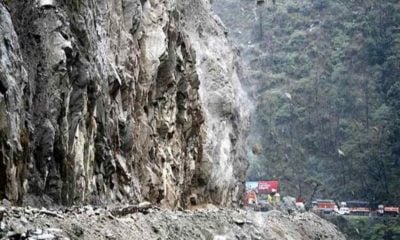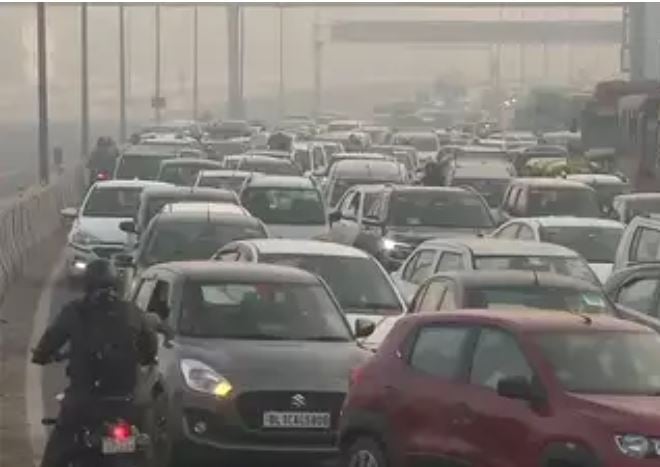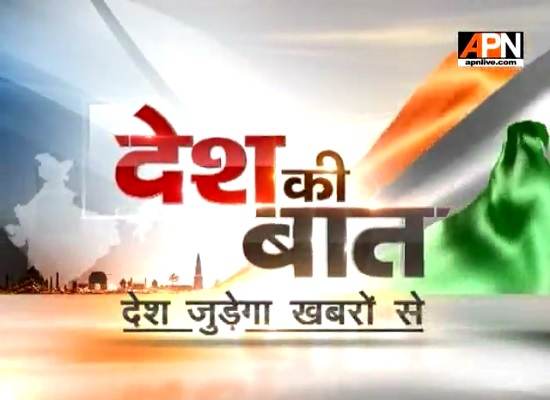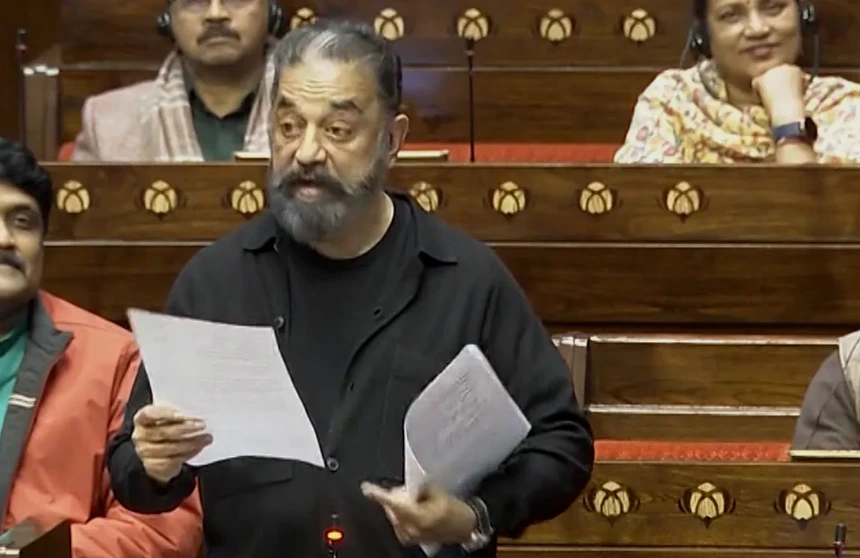Top Stories
Bihar: People sit on Dharna in muddy water to protest against poor condition of NH-122
Reports said that the villagers were protesting in Mohiuddin Nagar market in the early morning on Saturday. They were sitting in the dirty water accumulated on the road.

India News
PM Modi accuses Congress of anti-Sikh bias over Rahul Gandhi’s ‘traitor’ remark
Prime Minister Narendra Modi accused Rahul Gandhi of targeting BJP MP Ravneet Singh Bittu with a ‘gaddar’ remark because of his Sikh identity while speaking in the Rajya Sabha.
India News
Manipur Assembly to meet at 4 pm today, floor test likely under new chief minister
The Manipur Legislative Assembly will convene at 4 pm today, with a floor test likely as the new chief minister seeks to prove his majority in the House.
Latest world news
New Delhi free to buy oil from any source, Russia says amid US deal claims
Russia has said India is free to purchase oil from any country, dismissing claims that New Delhi has agreed to stop buying Russian crude under a US trade deal.
-

 Latest world news11 hours ago
Latest world news11 hours agoNew Delhi free to buy oil from any source, Russia says amid US deal claims
-

 Cricket news10 hours ago
Cricket news10 hours agoPakistan PM Shehbaz Sharif confirms boycott of India match at T20 World Cup
-

 Latest world news10 hours ago
Latest world news10 hours agoPakistan faces domestic backlash after India secures lower tariffs in US trade deal
-

 India News7 hours ago
India News7 hours agoManipur Assembly to meet at 4 pm today, floor test likely under new chief minister
-

 India News2 hours ago
India News2 hours agoPM Modi accuses Congress of anti-Sikh bias over Rahul Gandhi’s ‘traitor’ remark










